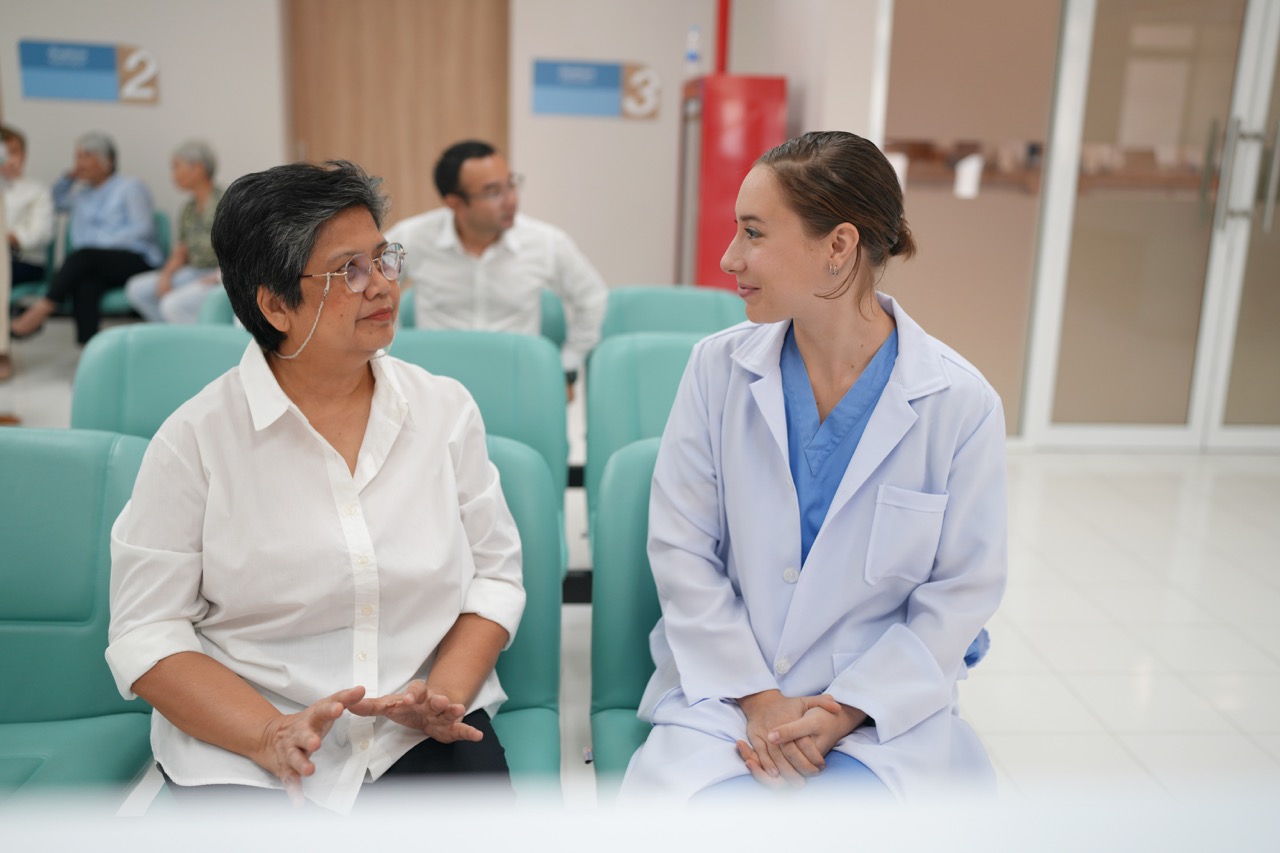
Project overview
A multi-site urban hospital system, spanning four major city boroughs, was grappling with high patient attrition and consistently mediocre patient satisfaction scores despite investing heavily in clinical technology. The executive team suspected an issue with administrative processes, but lacked the specific patient feedback to pinpoint the problem areas. They engaged CoHealth to conduct a deep-dive analysis of the patient journey.
Methodology and Findings
We employed a multi-modal approach, combining post-visit digital surveys with targeted, in-person qualitative interviews across all four sites. The goal was to track the patient experience from the moment of scheduling through post-care follow-up.
Our research identified three critical bottlenecks:
- The average in-clinic wait time exceeded 45 minutes across 75% of visits, regardless of appointment type.
- Follow-up scheduling was inconsistent, with 40% of patients reporting they never received a follow-up reminder call.
- Patients widely praised the doctors but rated the administrative staff interaction as "poor" due to confusion over billing and insurance verification.
Outcome and Impact
CoHealth delivered a comprehensive report that isolated specific procedural failures. Using this actionable data, the hospital system implemented a new digital triage and scheduling system and launched a training program for administrative staff focused on communication protocols. Within six months, the hospital reported an 18% increase in overall patient satisfaction scores and a noticeable reduction in missed follow-up appointments, leading to improved clinical outcomes.
